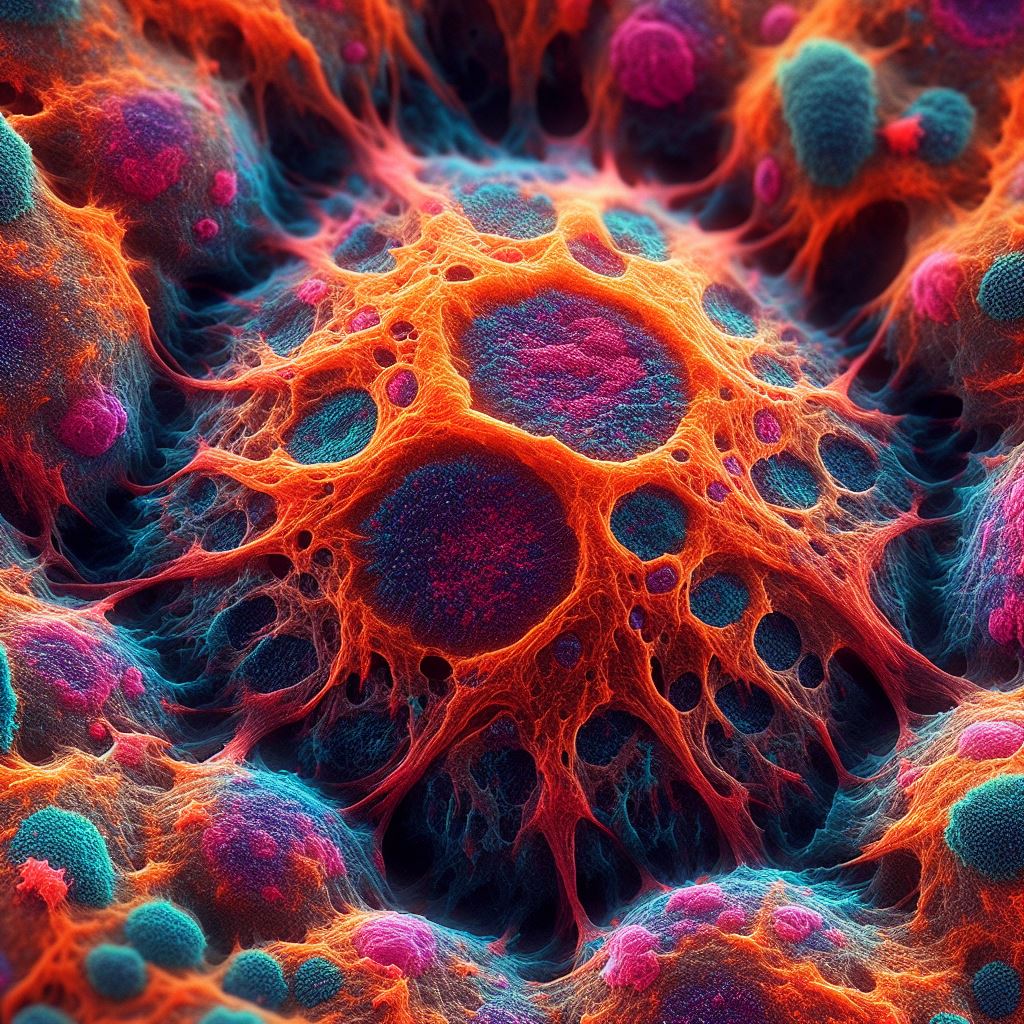Teri Boudreaux is thankful for the time she gets to spend with her family, whether it’s hiking, playing with her grandkids, travelling with her spouse, lounging on the beach, or taking up new interests like pickleball. She has survived breast cancer twice.
In spite of everything, though, she still harbours a nagging fear: that the cancer may return.
In 1990, at the age of 38, Boudreaux received her initial diagnosis of triple-negative breast cancer. Following therapy, she was cancer-free for over 20 years.
She was then tested for the BRCA gene in 2017, and the results were positive. She discovered a lump in her breast while doing a self-check, and it was discovered to be early-stage HER2-negative/hormone-receptor (HR) positive breast cancer.
With about 70% of all instances of breast cancer in the US being of this subtype, it is the most prevalent kind of the illness.
Endocrine therapy is one of the current treatments that prevents or reduces the synthesis of oestrogen, which prevents cancer cells from using it to proliferate and spread. However, years after the original diagnosis, the cancer may still recur. Patients with stage 2 illness have a 27% to 37% likelihood of their cancer returning, while those with stage 3 disease have a 46% to 57% chance.
NATALEE Clinical Trial
Dr. Callahan, an investigator at the UCLA Health Jonsson Comprehensive Cancer Centre and associate clinical professor of medicine at UCLA’s David Geffen School of Medicine, advised Boudreaux to enrol in a clinical trial that examined the advantages of combining the targeted therapy medication ribociclib with traditional hormonal therapy for the adjuvant treatment of HR-positive, HER2-negative early-stage breast cancer.
Endocrine therapy alone has saved countless lives, yet some patients still experience a recurrence of stage 4 disease,
These recurrences are both devastating and often life-limiting. While ribociclib was already known to extend survival in advanced cases, its potential to prevent recurrence in early-stage breast cancer offers hope for curing many more patients.
Dr. Callahan
Cyclin-dependent kinase 4/6 enzymes, which stimulate cell division and cancer progression, are inhibited by the cyclin-dependent kinase inhibitor ribociclib.
Also Read| New mRNA vaccine against Clostridioides difficile caused infections
Cyclin-dependent kinase inhibitors are effective in treating HR-positive breast cancer, according to a team of researchers led by oncologist Dennis Slamon, MD, PhD(Link opens in new window), chair of hematology-oncology at UCLA’s David Geffen School of Medicine, and director of clinical and translational research at the UCLA Health Jonsson Comprehensive Cancer Centre. This discovery program was carried out in the early 2000s. As a result of their efforts, ribociclib and other similar medications were eventually approved by the FDA in the United States to treat advanced, metastatic breast cancer.
The researchers expanded on this earlier work by launching the worldwide clinical study NATALEE, which examined ribociclib in women with early-stage illness.
Boudreaux was among the almost 5,000 female participants.
Participants were randomised to receive endocrine therapy alone or ribociclib plus endocrine therapy, which included a nonsteroidal aromatase inhibitor.
The median length of trial follow-up was 34 months, and 20% and 57% of patients, respectively, finished their three- and two-year ribociclib regimens.
Their findings were published in the journal the New England Journal for Medicine.
Revealed in March 2024 that a person with stage 2 or 3 HR-positive, HER2-negative early breast cancer had a considerably longer survival time without the disease returning when ribociclib was added to endocrine treatment.
We found that adding ribociclib to the standard hormone therapy resulted in a relative reduction in the recurrence rate by as much as 25%,
And that’s huge for this the group of patients, who make up a majority of breast cancer cases.
Dr. Slamon
Distant disease-free survival and recurrence-free survival, the study’s secondary goal, likewise supported ribociclib and endocrine therapy treatment. The combined arm had a 90.8% distant-free survival rate, whereas endocrine treatment alone had an 88.6% rate. The recurrence-free survival rate for patients receiving the combination was 91.7%, while that of patients receiving endocrine treatment alone was 88.6%.
Both groups experienced comparable adverse effects, with liver-related events, arthralgia, and neutropenia being the most frequent problems.
The FDA finally approved ribociclib in conjunction with hormone therapy for the adjuvant treatment of HR-positive, HER2-negative, early-stage breast cancer as a result of these findings. On September 17, 2024, it was approved.
Source: UCLA Health – News
Journal Reference:




